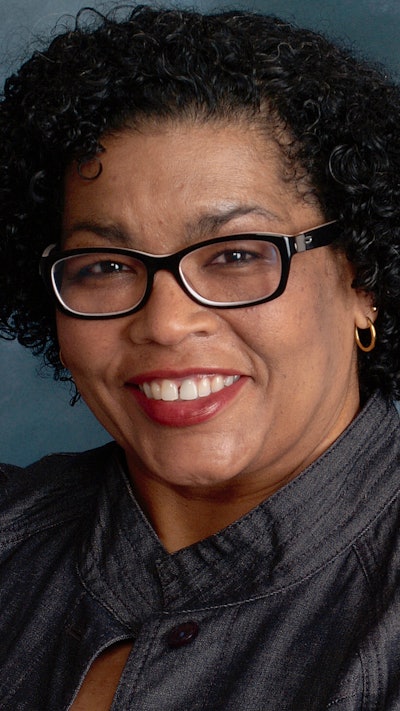The career goals and objectives of business students have evolved greatly over the past decade. While there are many undergraduates and graduate students aiming for careers in banking or finance, there are also entrepreneurs, innovators, people interested in hospital administration, and others seeking positions at nonprofit organizations.
We take a look at institutions that have excelled at graduating a diverse student base.
University of Maryland Global Campus
 Dr. Pam Carter
Dr. Pam Carter
UMGC was recently designated a Minority Serving Institution. In its undergraduate programs, African American students comprise 31%, Hispanic/Latinx are 15%, two or more races 4%, and Asian 5%. At the graduate level, African American students are 39%, Hispanic/Latinx 9%, two or more races 4%, and Asian 6.5%. The current overall completion rate for undergraduates is 27%, and 56% for graduate students.
Carter notes that most UMGC students have adult obligations. “We have a very high underrepresented minority presence in our student body, but it’s not because we have special recruitment for that. It’s because we have special recruitment for folks who want an alternative to the traditional experience. Because we focus on that demographic, we have built that in as part of our mission,” says Carter.
UMGC is open access, which means there are students from different backgrounds and preparation levels. In terms of retention, Carter says hiring supportive faculty is a huge component. “We also have a lot of supports built into our curriculum,” she says. “Recognizing that we need to try as best we can to meet students where they are and get them to where they want to go with the credential they’re working toward.”




















